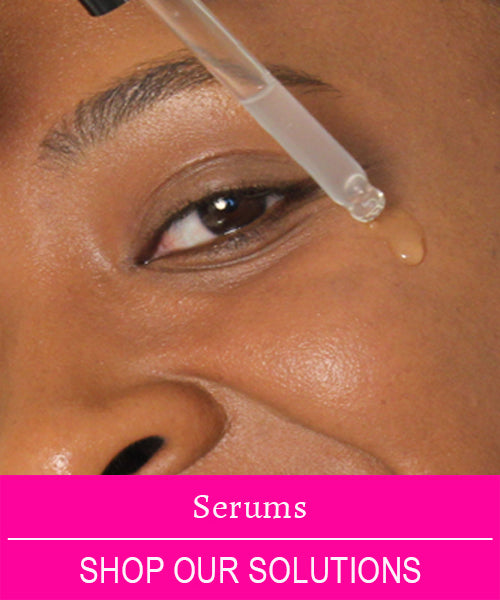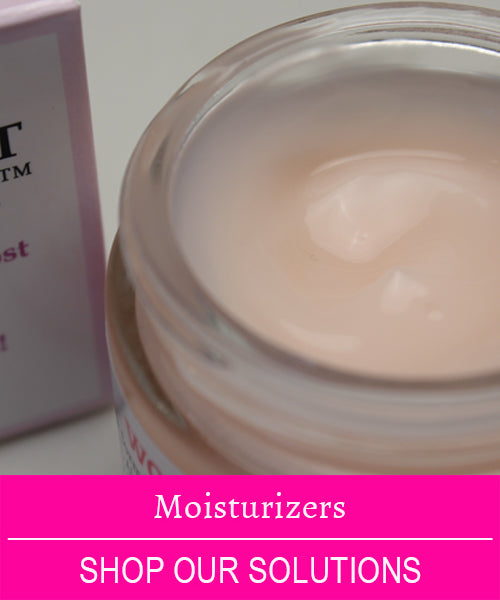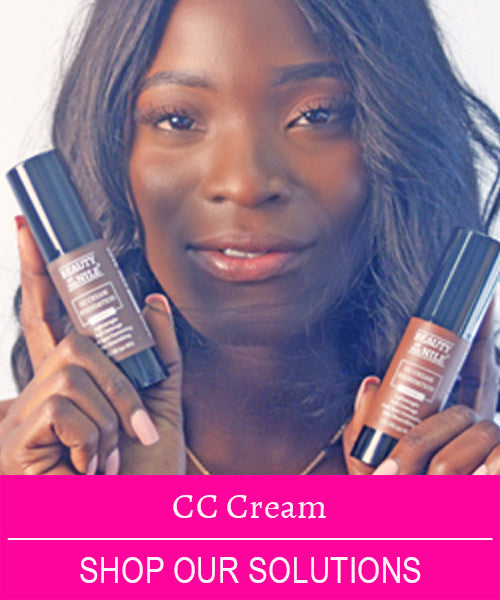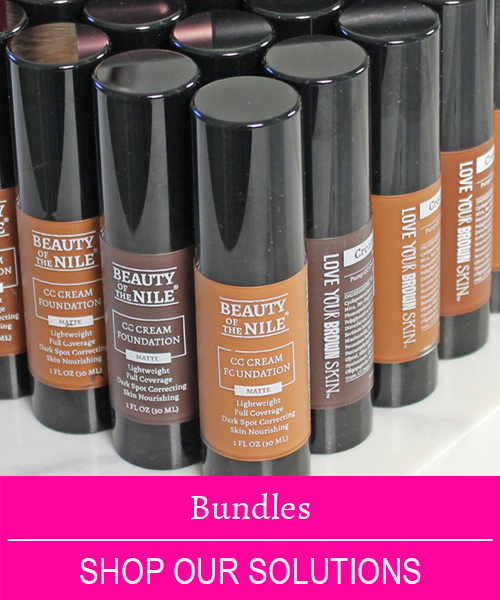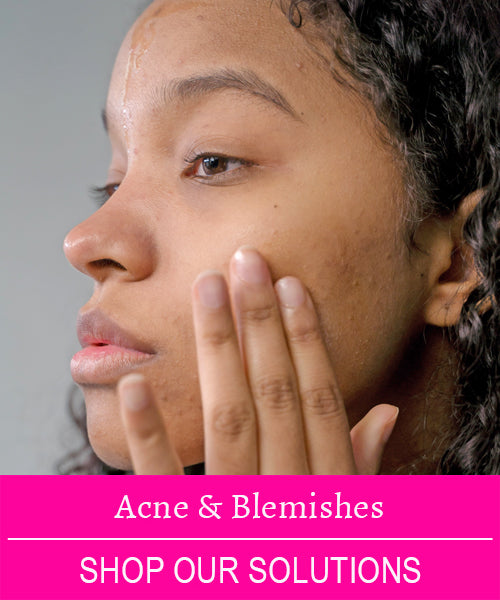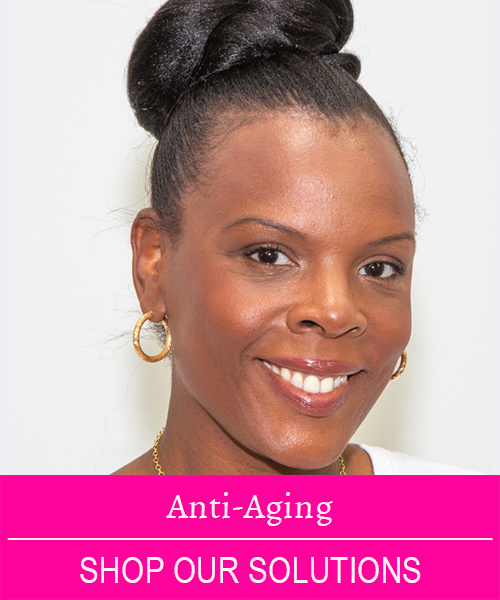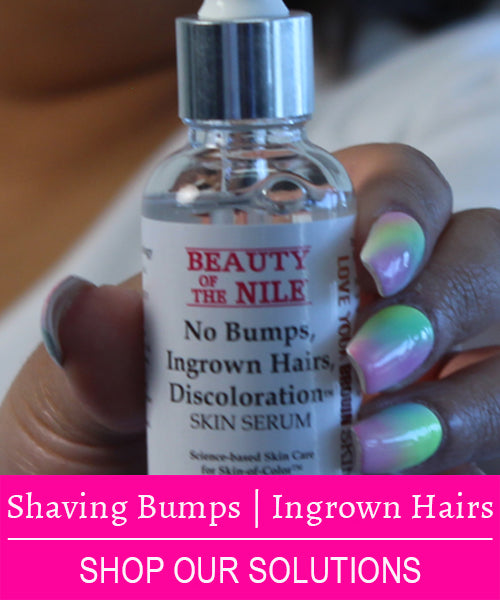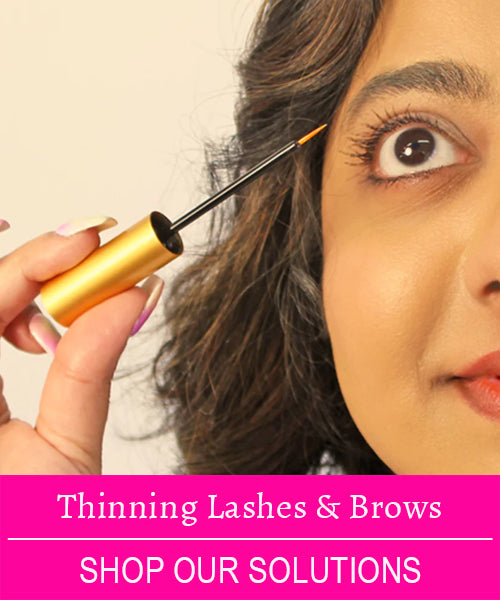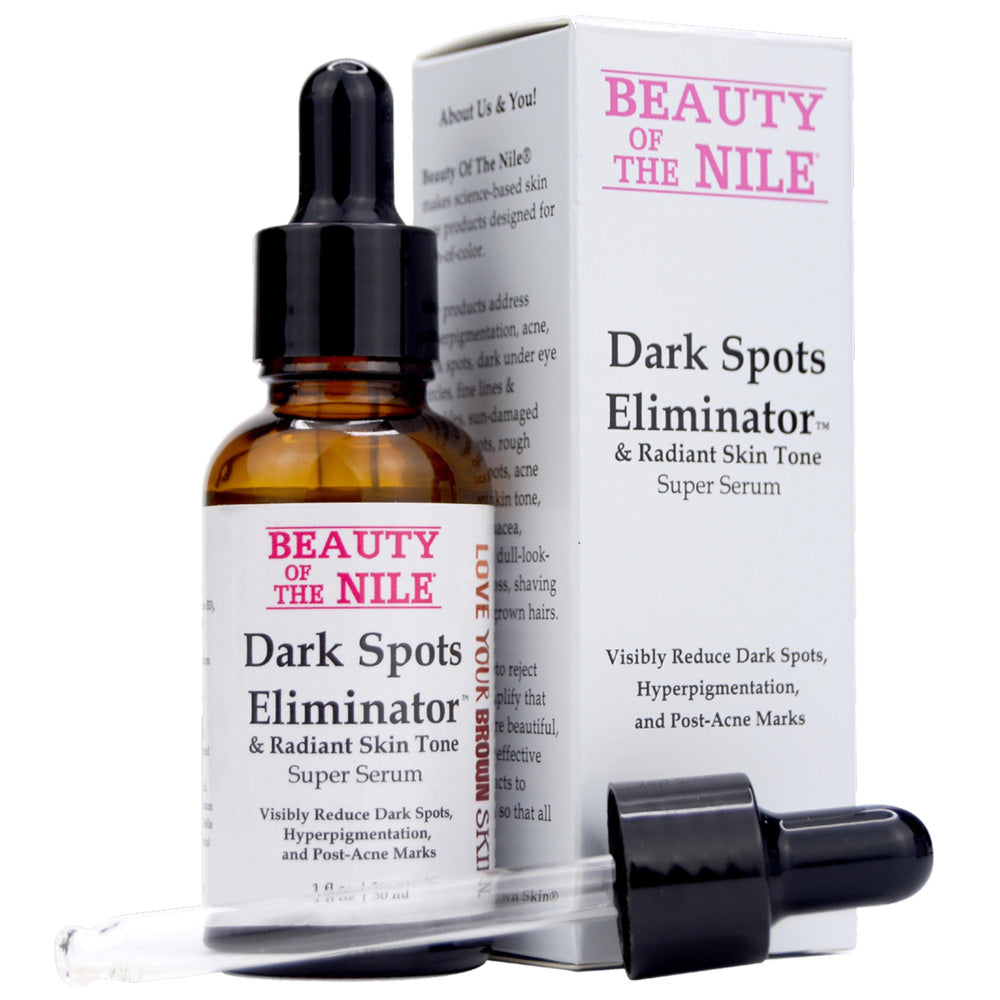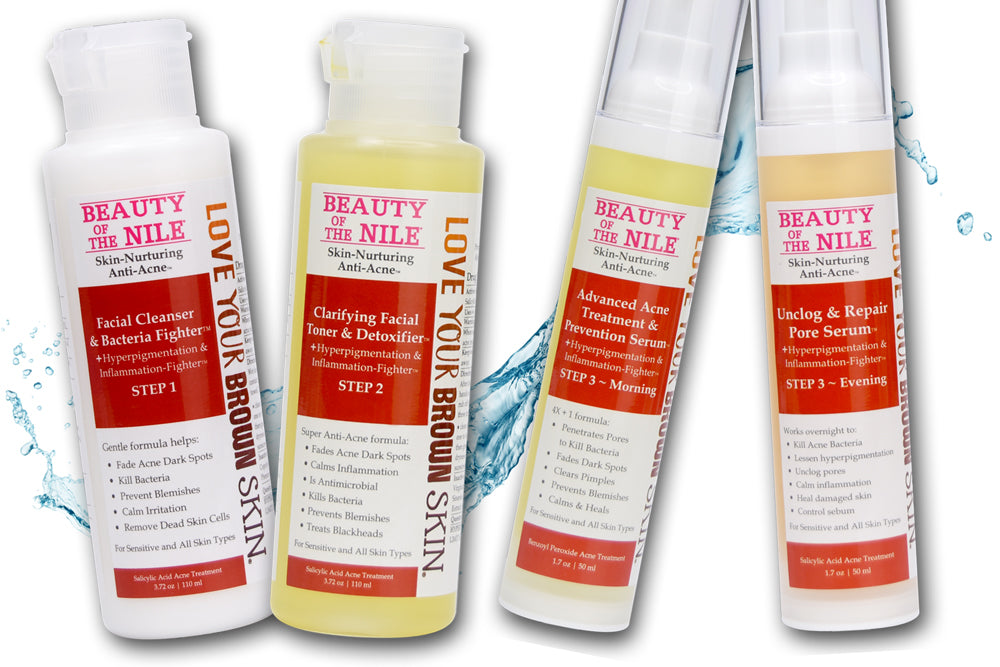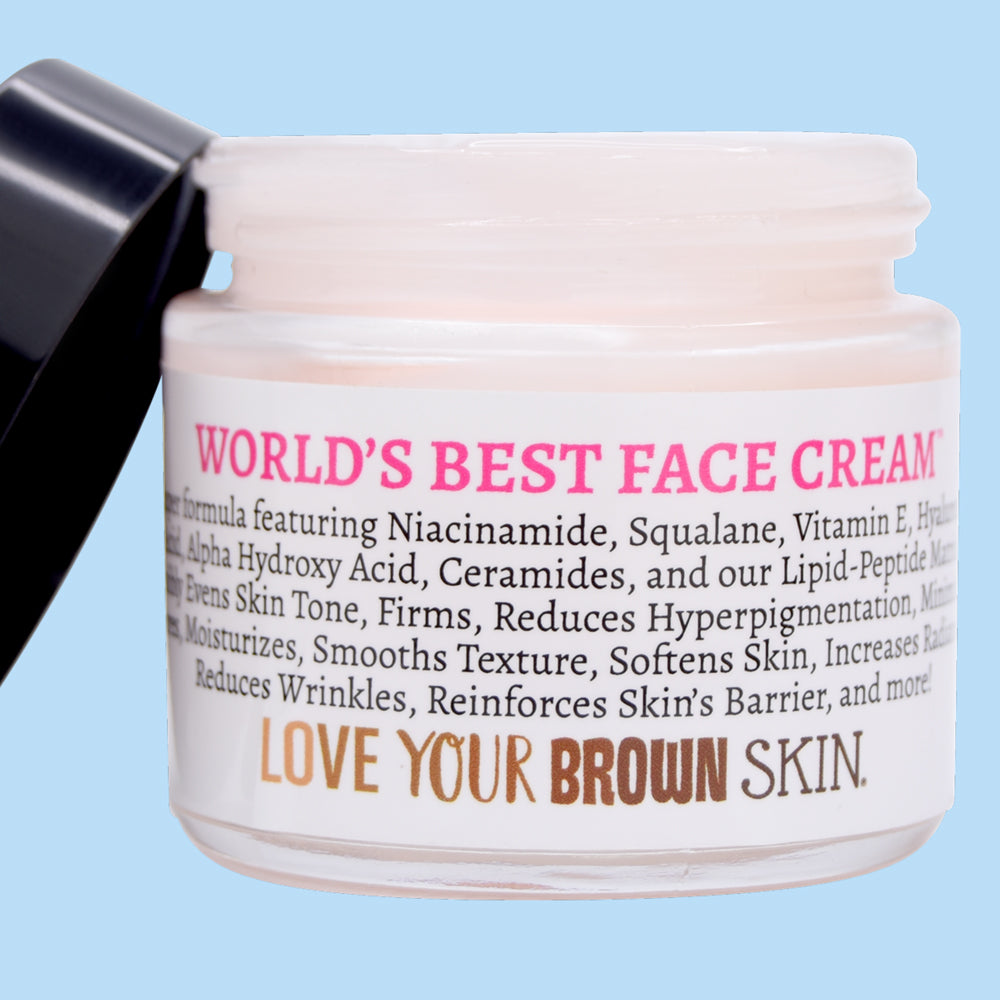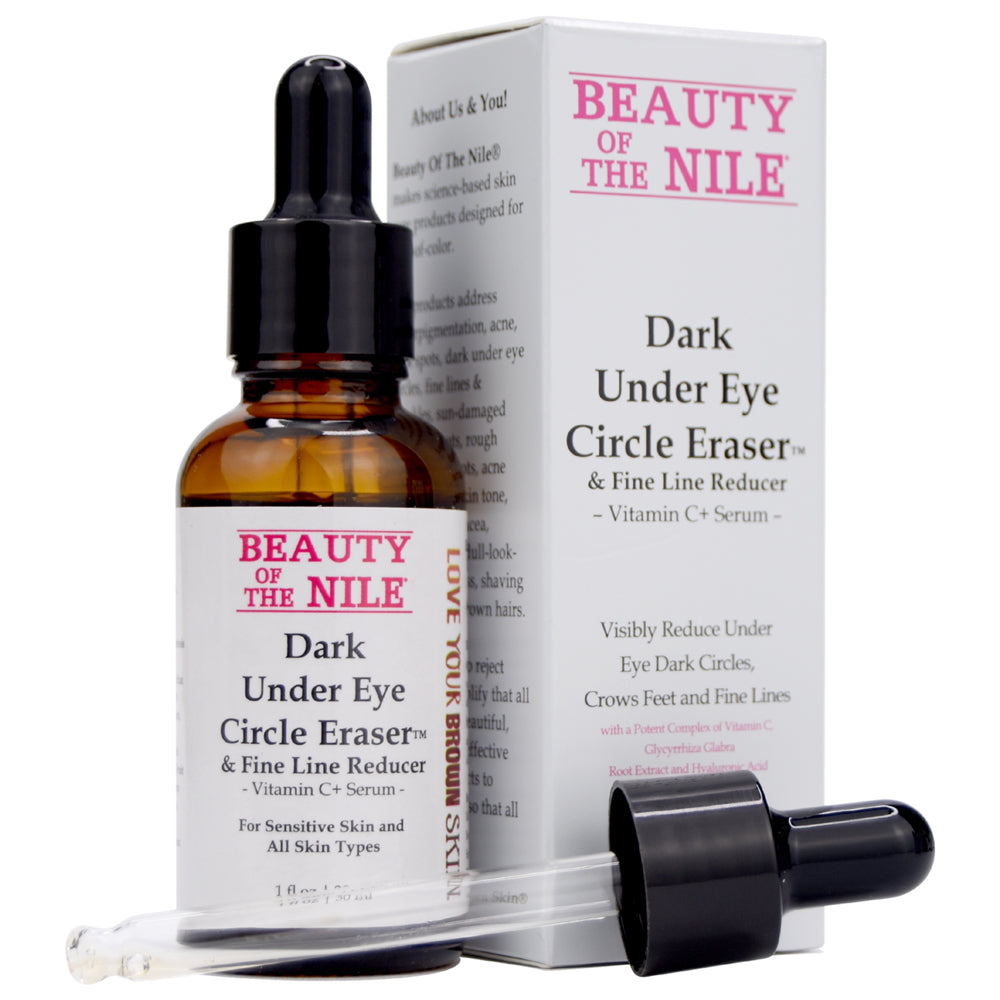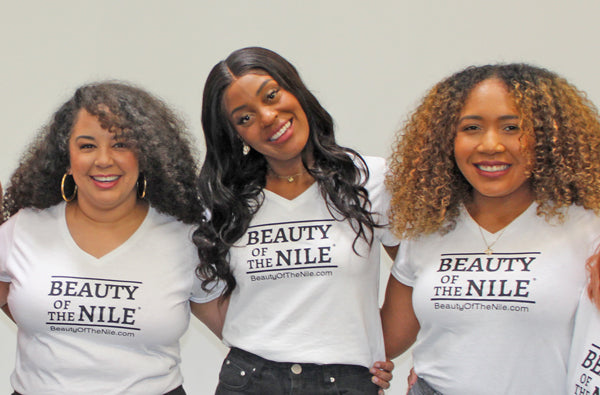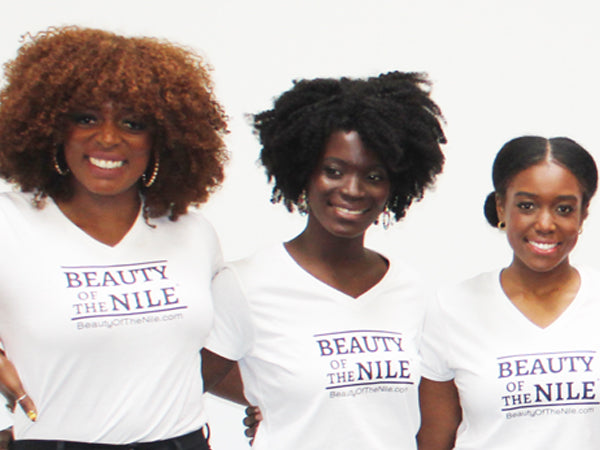15 Reasons Why You Should Not Make Your Own Skin Care Products at Home
Understand the Risks Associated with DIY Skin Care Products
When it comes to skin care, many resort to seeking handmade solutions made in their own kitchen to address their skin problems. We understand. Most people – especially those of us with skin-of-color – have been let down by the skin care industry’s focus on making products that are not designed for our unique skin care needs.
Some become so desperate for an answer to their most troublesome skin problems that they try to make the miracle product themselves.
While homemade skin care recipes may sound appealing, it's crucial to understand the risks and downsides associated with DIY products.
Here is a countdown of fifteen reasons why you should not make your own skin care products at home:
-
Lack of Proper Preservation
Unlike products crafted by dermatologists who are experts on skin-of-color and made by scientists in approved laboratories, homemade skin care lacks the necessary preservatives to extend shelf life and prevent bacterial growth. Without these preservatives, your DIY concoctions may become breeding grounds for harmful bacteria, leading to skin infections and other health concerns.
-
Potential Allergens
Many ingredients used in homemade skin care may cause allergies or sensitivities in some individuals. Ingredients like essential oils, citrus fruits, and nuts can trigger adverse reactions, resulting in skin irritation, redness, or even more severe allergic responses.
-
Incorrect Formulations
Creating effective and safe skin care products requires a deep understanding of chemistry and formulation techniques. Without proper knowledge, the
ingredients you combine may interact negatively, rendering your DIY product ineffective or, worse, extremely harmful to your skin.
-
Risk of Contamination
In a home environment, it's challenging to maintain the same level of cleanliness as a government approved skin care manufacturing facility. The risk of contaminating your skin care products with bacteria, molds, or fungi is significantly higher when working in non-sterile conditions. And, the results could be devastating.
WHAT TO DO IF YOUR TEEN HAS ACNE AND SKIN-OF-COLOR
-
pH Imbalance
The skin's pH level plays a crucial role in maintaining its protective barrier. Homemade skin care products lack precise pH control, leading to formulations that are too acidic or alkaline, disrupting the skin's natural balance and causing irritation.
-
Inadequate Sun Protection
Many skin care products contain SPF to shield the skin from harmful UV rays. Crafting DIY sunscreens is incredibly challenging, as achieving the right level of protection requires sophisticated testing and precise measurements. Relying on homemade sunscreens may leave your skin vulnerable to sun damage and skin cancer.
-
Inaccurate Dosages
Creating homemade skin care products often involves estimating ingredient quantities without precise measurements. This lack of accuracy can lead to using either too little or too much of a particular ingredient, resulting in either ineffective or potentially harmful formulations.
-
Lack of Stability Testing
Commercial skin care products undergo rigorous stability testing to ensure they remain effective and safe throughout their shelf life. In contrast, homemade products rarely undergo such testing, making them more susceptible to degradation, loss of potency, and potential hazards over time.
-
Difficulty in Achieving Targeted Results
Skin concerns are diverse, ranging from acne and hyperpigmentation to aging and dryness. Commercial skin care products are formulated with specific active ingredients designed to target these concerns effectively. Creating homemade products often lacks the precision needed to address individual skin issues adequately.
-
Complex Emulsification and Texture Challenges
Skin care products often require specific emulsification techniques to achieve a smooth and stable texture. Without proper knowledge and equipment, DIY products may separate, become lumpy, or have an unappealing texture, making them unpleasant to use and not effective.
HOW COLORISM HAS RUINED SKIN CARE FOR PEOPLE-OF-COLOR
-
Legal and Regulatory Concerns
Manufacturing skin care products at home may lead to legal issues, as cosmetics and skin care products are subject to strict regulations to ensure consumer safety. In fact, selling homemade skin care products without proper registration and compliance with regulations can result in fines, penalties, and even legal action.
-
Risk of Burns and Injuries
Certain DIY skin care practices, such as making your own chemical peels or microneedling at home, can be hazardous and lead to burns, scarring, or infections that will require major medical intervention. These products & procedures are best left to professionals.
-
Lack of Professional Testing
Commercial skin care products undergo rigorous testing for safety and efficacy before they arrive on the shelves or in your home. Homemade products do not undergo such scrutiny, leaving you uncertain about their true effectiveness and potential side effects.
-
Unreliable Online Information
The internet is rife with DIY skin care recipes, but not all of them are backed by scientific evidence or formulated by skin care experts – especially experts on treating skin-of-color. Following unreliable recipes and unverified formulas is likely to result in harmful outcomes.
-
Risk of Toxicity
Perhaps the most alarming reason to avoid homemade skin care products is the potential for toxic reactions. Some natural ingredients can be toxic when used incorrectly or in improper concentrations. Poisonous plants, heavy metals, or contaminated raw materials might find their way into you DIY skin formulation, posing severe health risks.
The Bottom-Line
It's essential to prioritize your skin's health and safety by choosing professionally formulated skin care products that undergo rigorous testing and adhere to regulatory standards. We also suggest you deal with skin care companies who are experts at skin-of-color.
While DIY projects can be fun and creative, experimenting with skin care (and your skin’s health!) is best left to experts who have the knowledge, experience, and resources to develop safe and effective products for your skin's specific needs. Remember, your skin deserves the best care possible, and that can mean leaving it to the professionals.
32 WAYS TO REGROW EYELASHES & EYEBROWS
And, always Love Your Brown Skin®


